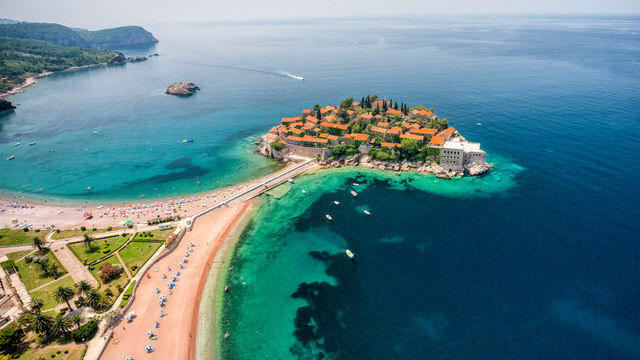Event Greening
Social and Economic Responsibility in Event Greening
Event greening, or sustainable event management, has become increasingly important in the event planning industry as concerns about climate change, resource depletion, and environmental degradation rise. It aims to minimize the negative environmental impacts while maximizing the positive social, economic, and cultural benefits of events, including conferences, trade shows, festivals, sports events, and incentive travel programs. By integrating event greening principles into incentive travel programs, companies showcase their commitment to sustainability and corporate social responsibility while offering unique and memorable experiences for participants.
Reducing waste is a crucial aspect of event greening. Planners can minimize waste by developing a waste management plan that includes waste reduction, recycling, and composting, using reusable or biodegradable materials, eliminating single-use plastics, and encouraging digital materials instead of print. Food waste can be addressed by carefully planning menus, using locally-sourced and seasonal ingredients, and donating excess food to local food banks or other organizations.
Integrating Event Greening Principles into Incentive Travel Programs
Energy conservation is another essential element of event greening. Planners can reduce energy consumption by using energy-efficient lighting and equipment, optimizing HVAC systems, utilizing natural light and ventilation, and choosing green-certified venues. Through verified programs, they can also encourage renewable energy sources and offset unavoidable carbon emissions.
Sustainable transportation is another priority, as it often contributes significantly to an event’s carbon footprint. Event greening practices can reduce transportation’s environmental impact by promoting public transportation, carpooling, biking, or walking. Planners can provide public transportation information, arrange shuttle services, partner with local bike-sharing programs, and choose venues that are easily accessible by public transport or within walking distance of accommodations.
Event greening also encompasses social and economic responsibility. Planners can ensure this by selecting suppliers, vendors, and partners committed to sustainability and fair labor practices, prioritizing local suppliers and businesses, and incorporating educational components and awareness-raising activities related to sustainability.
Incentive travel programs can integrate event greening principles by selecting sustainable destinations, accommodations, and activities. Destinations with solid sustainability policies, a commitment to preserving natural and cultural heritage, and a focus on responsible tourism can offer unique experiences that align with a company’s sustainability goals. Accommodations with green certifications or sustainable practices can further reinforce this commitment. Liberty Adriatic DMC has experience in providing activities that promote environmental awareness, cultural exchange, or community engagement and can also be included in the incentive travel program to provide meaningful and rewarding experiences for participants.







